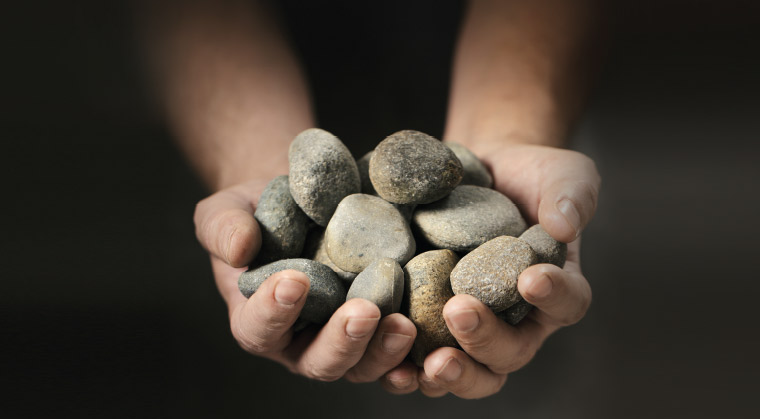Finding Purpose in the Pain

I was stunned and devastated. Feeling that I had nothing more to live for, the only thing I could think of doing was taking my life

T
he age-old question of why bad things happen to good people was one I never really grappled with.
Even before I became a baalas teshuvah, I instinctively understood that there’s no way for us limited human beings to understand why there is pain and suffering in this world.
What did confound me was a sentiment I heard from quite a few people who had experienced severe pain and trauma in their lives. “I wouldn’t trade the experience for anything, Tali,” these people told me. “If I had to choose, I would go through it all again.”
Until recently, I thought these people were insane. Why would anyone embrace intense suffering — even retroactively — and view it as something positive?
I myself was no stranger to pain. I was born in South Africa, during the era of apartheid, to nonreligious, highly mismatched parents: a very liberal South African mother and a very right-wing Israeli father. They tried valiantly to bridge their ideological differences for the benefit of my younger brother and me, but eventually they could no longer keep up the charade. When I was 13, a fresh adolescent, they divorced.
Living with parents who were staying together for the children was actually worse than having parents who were divorced, but still, the divorce took an emotional toll on me. For a while, I assumed I was to blame for the breakup. I also took on the role of my younger brother’s protector, trying to shield him from the fallout of the divorce.
Although I was close with my mother, who was warm and loving, I absorbed her pain, fear, and loneliness, which left no space for me to process my own difficult emotions.
I experienced profound loneliness, sensing that everyone around me was too preoccupied with their issues to really see me or understand what I was going through. The teenage years are confusing for anyone, but the turmoil in my family life introduced a dimension of challenge that made those years unbearable. I became a very angry teenager, and began to smoke and drink.
My loneliness also spurred me to look for some spiritual meaning in life. At the Bnei Akiva school I attended, I was the only student in my class who didn’t keep Shabbos, and while in high school, I started learning about Judaism and keeping Shabbos and kashrus.
On Simchas Torah, the year I was in 11th grade, I was standing with some friends outside a shul in Johannesburg at around midnight rolling cherry tobacco. A leading member of the congregation spotted us smoking something wrapped in white paper and, assuming we were using drugs, started hollering at us. He shooed us off the shul grounds, slammed the gate after us, and barked, “If you ever come back here, I’ll hit you.”
That one experience wiped out two years of searching, learning, and cautiously embracing observance. If this is what Judaism is, I’m not interested, I thought bitterly.
(Excerpted from Mishpacha, Issue 707)
Oops! We could not locate your form.







